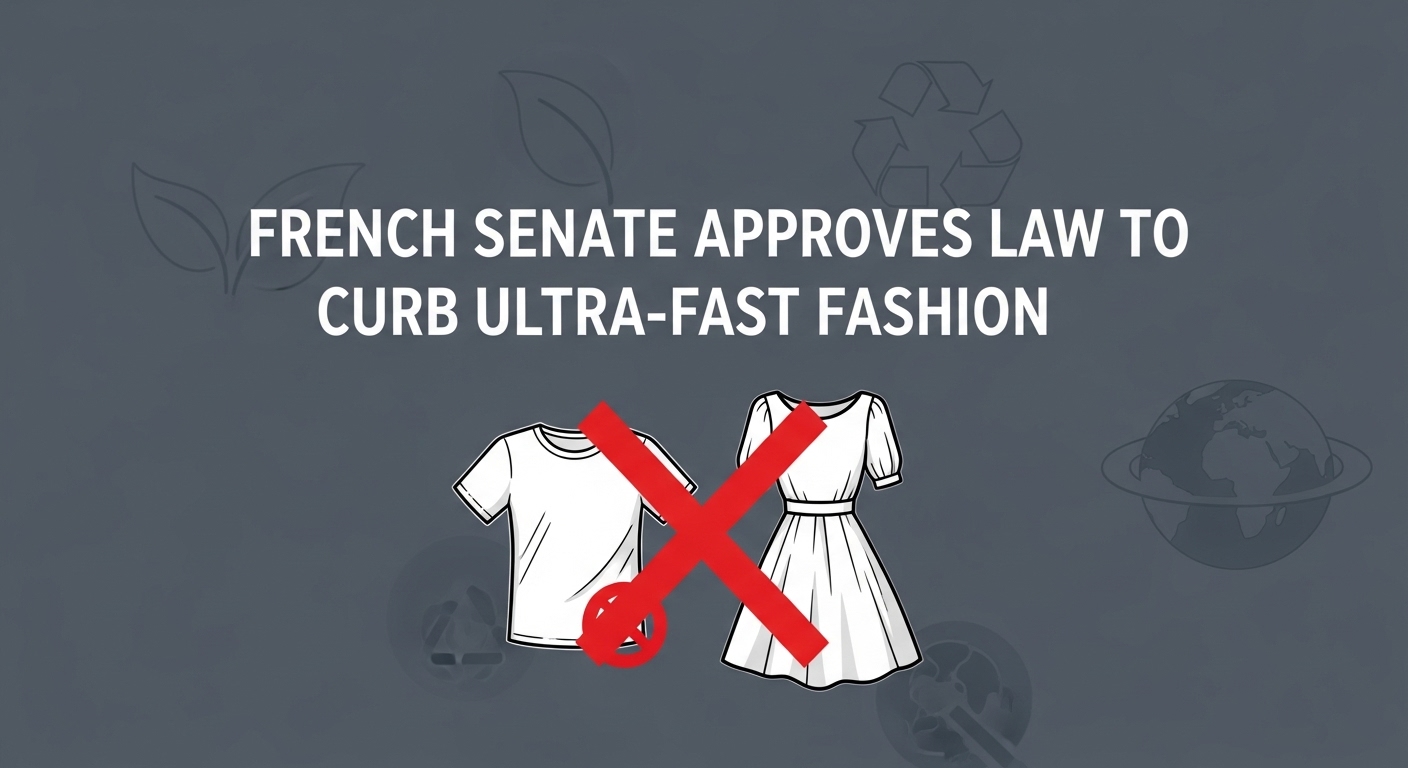The European Council has approved a proposal to delay the implementation of key sustainability reporting and due diligence rules. This includes the Corporate Sustainability Reporting Directive (CSRD) and the Corporate Sustainability Due Diligence Directive (CSDDD).
Why the Delay?
The EU Commission introduced the ‘stop-the-clock’ directive to reduce the regulatory burden on businesses, especially small and medium-sized enterprises (SMEs). This is part of the larger Omnibus package, which aims to simplify sustainability reporting requirements.
Under the new proposal:
Companies that have not yet started reporting under CSRD will receive an additional two years to comply.
The deadline for applying the CSDDD will be pushed back by one year.
The goal is to provide businesses with certainty, preventing them from starting compliance efforts only to have the requirements change later.
Key Changes to CSRD and CSDDD
The Omnibus package includes significant changes to both directives:
CSRD Scope Reduction: Only companies with more than 1,000 employees and revenues over €50 million will be required to report. This change removes about 80% of companies from the reporting requirements.
Simplified Reporting Standards: The Commission will revise the European Sustainability Reporting Standards (ESRS) to reduce the number of required data points.
Changes to CSDDD: Companies will only need to conduct full due diligence on direct business partners unless there is evidence of risks further down the supply chain. Additionally, the requirement to monitor due diligence effectiveness will change from every year to every five years.
Reduced Reporting for SMEs: Large companies will face limits on what sustainability-related data they can request from smaller businesses within their supply chain.
EU’s Focus on Competitiveness
The delay aligns with the EU’s broader strategy to enhance competitiveness. The Commission recently introduced the “Competitiveness Compass,” which aims to cut reporting burdens by 25% for all companies and 35% for SMEs.
Poland’s Minister for the European Union, Adam Szłapka, emphasized the importance of reducing bureaucracy, stating:
“Today’s agreement is a first step on our decisive path to cut red tape and make the EU more competitive.”
What Happens Next?
The European Parliament is set to vote on the ‘stop-the-clock’ directive on April 1. If approved, the delays will take effect, giving businesses more time to adapt to the new rules.









